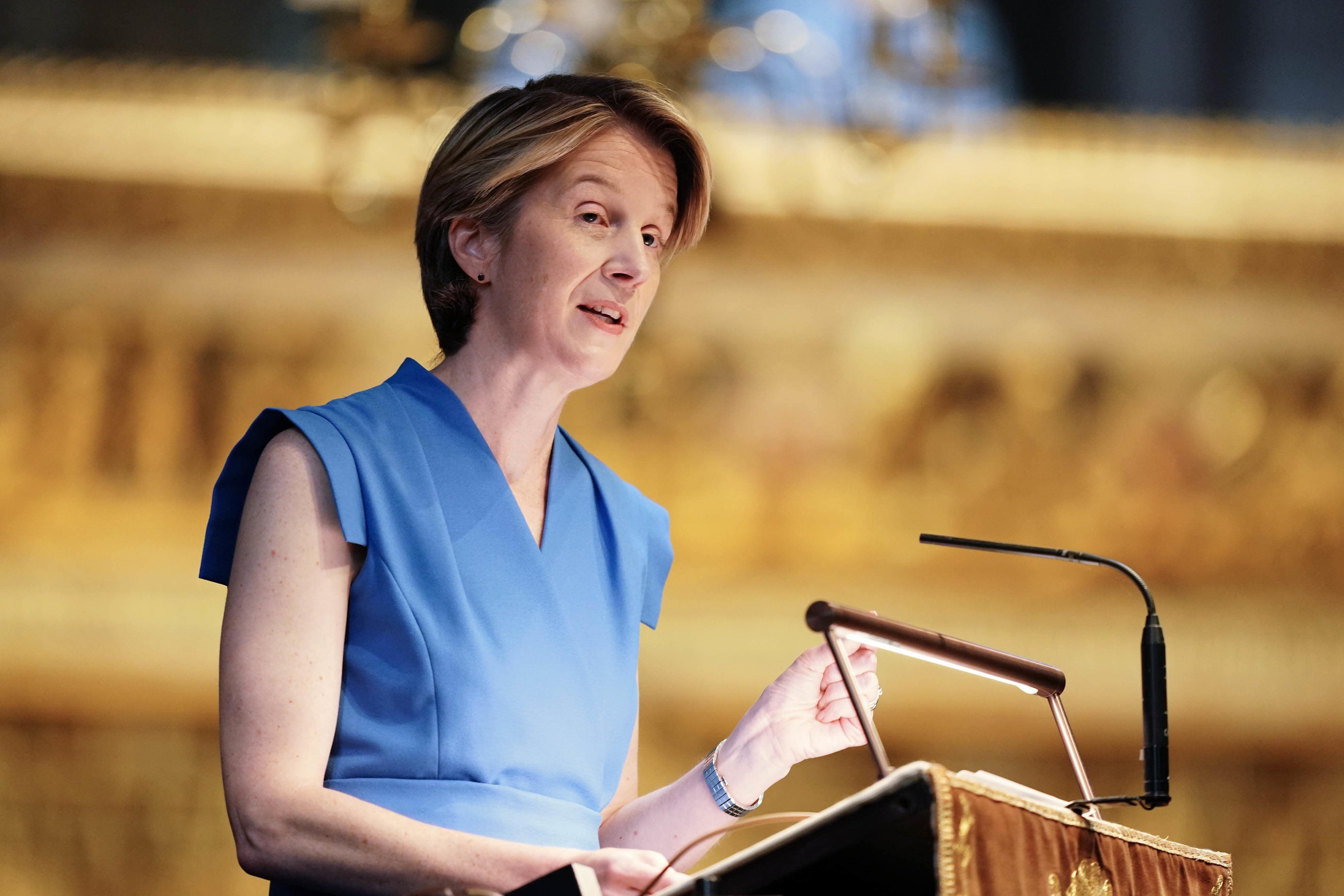It’s time to end unwanted, inappropriate and harmful sexual behaviour in the NHS
The NHS is facing its own #MeToo moment. Here, the CEO of NHS England, Amanda Pritchard, reveals the extent of the problem affecting one in 12 NHS workers – and says she is determined to root it out


Whether it’s record levels of ambulance callouts, millions of extra GP appointments, or more cancer referrals than ever before, the daily pressures faced by NHS staff are well known.
However, the latest NHS staff survey has shone a stark new spotlight on one aspect of their working lives. For the first time ever, we asked whether staff had experienced unwanted sexual behaviour while at work – and the results are truly sobering.
The findings reveal that 58,000 staff reported unwarranted sexual approaches from patients or other members of the public last year – that’s one in every 12 NHS workers. And one in 26 reported experiencing similar harassment from work colleagues.
Such levels of abuse are difficult to comprehend when NHS staff come to work every day primarily to care for others. No one should experience sexism, sexual abuse, or assault in the NHS.
And we know women are more likely to be affected. It can be incredibly difficult to speak up, and so I applaud those who have come forward to report unacceptable behaviour – and the powerful reporting in The Independent that has helped further to highlight this issue.
In a report published in September by the Working Party on Sexual Misconduct in Surgery, women spoke about an old-fashioned culture that made them feel unwelcome. The report highlighted how many women had received uninvited comments from a colleague about their body, and 29 per cent had shockingly experienced unwanted physical advances.
The #MeToo movement has powerfully called out this unacceptable behaviour and fuelled important discussions right across society, and the NHS must not be exempt.
But we can’t just call out unacceptable behaviour and move on: we need to stamp it out across all parts of the NHS. The work we are doing in this space matters to me and should matter to everyone working in the NHS.
Some of this work is already under way. As part of our first ever sexual safety charter, there are now more than 300 domestic abuse and sexual violence leads in place across trusts and systems – dedicated members of staff who champion this work and ensure that staff are supported to speak up.
Today we are contacting all organisations and encouraging more services to sign up to our pledges.
The NHS is nothing without our staff, and so it is right that we use their experiences, which are formally recorded as part of the staff survey, as a measure of progress. It provides an important benchmark and will be taken into consideration alongside our sexual safety charter, which is now identified as best practice in well-led guidance for trusts published by CQC and NHS England this week.
It is vital that NHS leaders take ownership of this – within teams, organisations and systems – and that leaders can intervene where necessary.
And so, over the coming months, we will be working with all NHS services so that each of them has a mechanism in place this year to allow concerns to be raised anonymously without fear of repercussions.
We must have a robust support system in place, where staff feel empowered to speak up and report incidents every time, and while this is a hugely complex piece of work, we are making this a priority.
We won’t solve this issue overnight, but these actions are the beginning of an important journey to end unwanted, inappropriate and harmful sexual behaviour in the NHS, and I am personally committed to helping to make that happen.
Amanda Pritchard is the CEO of NHS England






Join our commenting forum
Join thought-provoking conversations, follow other Independent readers and see their replies
Comments